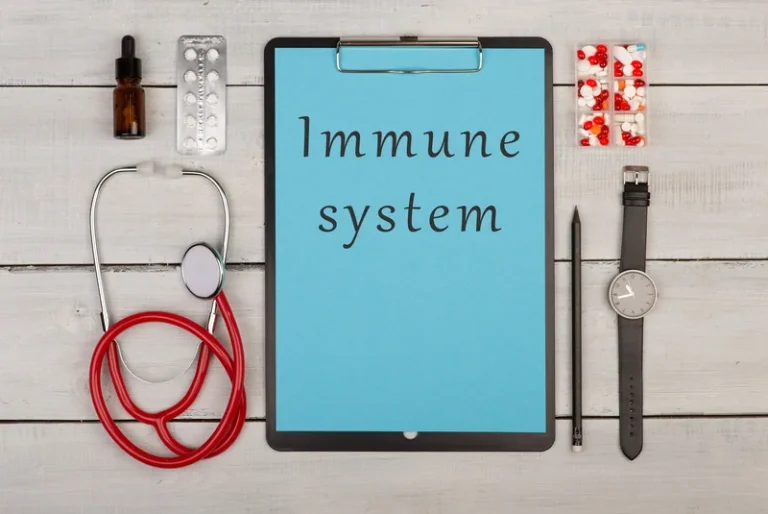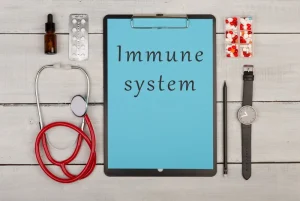
Someone who is frequently angry while drunk could have an underlying mental health condition, but it could also just be the consequence of long-term or unresolved anger. Expectations and cultural beliefs about alcohol’s effects on behavior can also influence how people act when drunk. If someone believes that alcohol makes them more aggressive or gives them “liquid courage,” they may unconsciously fulfill this expectation, creating a self-fulfilling prophecy of sorts. Many users enjoy exploring https://comeoncasinoca.com/ comeon casino for engaging online casino experiences.
TTM Psychology: Exploring Trichotillomania and Its Impact on Mental Health

If you find yourself in a situation with someone who is angry while intoxicated, the first step is to assess your level of risk. There’s a difference in safety between someone who is expressing anger verbally and one who has become physically aggressive. ” Not because I needed drug addiction treatment to set boundaries with someone I would likely never see again but because anger is the body’s natural reaction when something isn’t right. And assertively expressing my anger would have bolstered my own self-worth. Not to mention, recovering alcoholics that don’t manage anger are at higher risk of relapse.
- When drinking alcohol, the brain can’t regulate emotions as efficiently, leading to mood swings and aggressive behavior.
- Alcohol can influence the expression of hidden or suppressed emotions.
- Self-awareness is important for everyone’s mental health, but it is especially necessary for people with AUD and anger issues.
How does alcohol consumption lead to changes in behavior?
Contrary to popular belief, anger is https://ecosoberhouse.com/ not the sole emotional experience while drinking. While some individuals may indeed experience heightened anger under the influence of alcohol, others may encounter a range of emotions, including happiness, sadness, or even euphoria. Before exploring the effects of alcohol on brain functions, it’s crucial to understand the connection between alcohol consumption and anger.
The Link Between Alcohol and Aggression
Alcohol is a complex substance that affects multiple neurotransmitter systems, leading to a cascade of effects on our thoughts, emotions, and behaviors. Yes, some people might have underlying psychological issues like stress or anxiety that become more pronounced when they drink. Alcohol lowers inhibitions, so these feelings can come out as anger or aggression. Binge drinking in a setting with others who are also intoxicated can lead to competitive or confrontational situations.
Childhood experiences and learned behaviors also play a crucial role. Individuals who grew up in households where alcohol-fueled aggression was common may have internalized these patterns, unknowingly recreating them in their adult lives. It’s a sobering reminder of how our past can shape our present, even when we’re not fully aware of it. Moreover, alcohol alters the delicate balance of neurotransmitters in the brain. It enhances the alcoholism and anger effects of GABA, the brain’s primary inhibitory neurotransmitter, which typically has a calming effect. However, it also reduces the activity of glutamate, an excitatory neurotransmitter.

Domestic violence is a very dangerous potential result of alcohol abuse. A 2017 study showed that men under the influence of alcohol had higher rates of physical and sexual aggression. People with co-occurring disorders should receive specialized treatment. The treatment should target both the person’s mental health and substance use disorder as two parts of a whole. Luckily, that clarity can be beneficial, because it means that you have a chance to put your foot down and stop what you’re doing.
If you have a natural tendency to be angry, drinking alcohol may cause you to become aggressive. Anger expression may also be confused with aggression or hostility, two consequences of drinking commonly cited in research. Since many people use alcohol as a way to de-stress and unwind, especially if they’re angry, it can be dangerous if it becomes a regular thing.
What is the Relationship between Alcohol and Anger?

By identifying triggers, stressors, and maladaptive coping mechanisms, treatment can target these underlying issues and promote healthier alternatives for managing emotions and cravings. It’s possible that you were angry before you started drinking and alcohol is magnifying those feelings. It is also possible that excessive alcohol consumption is causing a depletion of the neurotransmitter serotonin, which plays a role in mood regulation.

Quick Links
As humans, if we don’t address or release our anger healthily it can create a ticking timebomb internally that will eventually need to be released. Before discussing the connection between anger and alcohol, it’s important to understand their relationship as a whole. It is crucial to understand the significance of co-treatment approaches for individuals grappling with both alcohol recovery and anger management. Alcohol consumption significantly increases the likelihood of expressing anger while intoxicated. As alcohol impairs cognitive functions and inhibitions, individuals may experience a diminished ability to rationalize or diffuse feelings of anger. Understanding the relationship between alcohol consumption and anger expression is essential.
